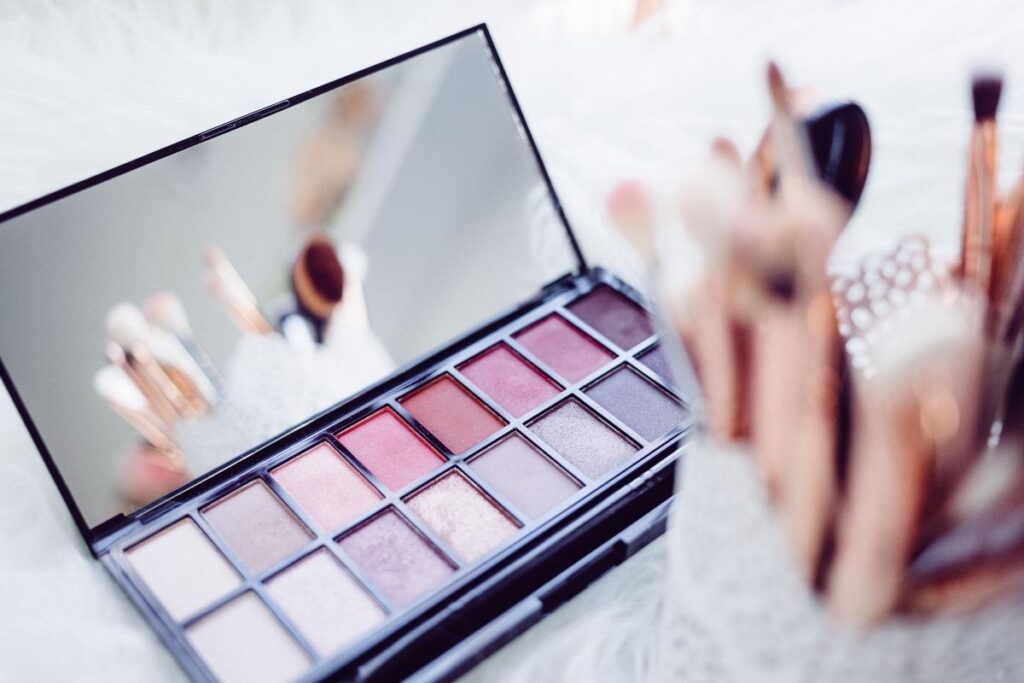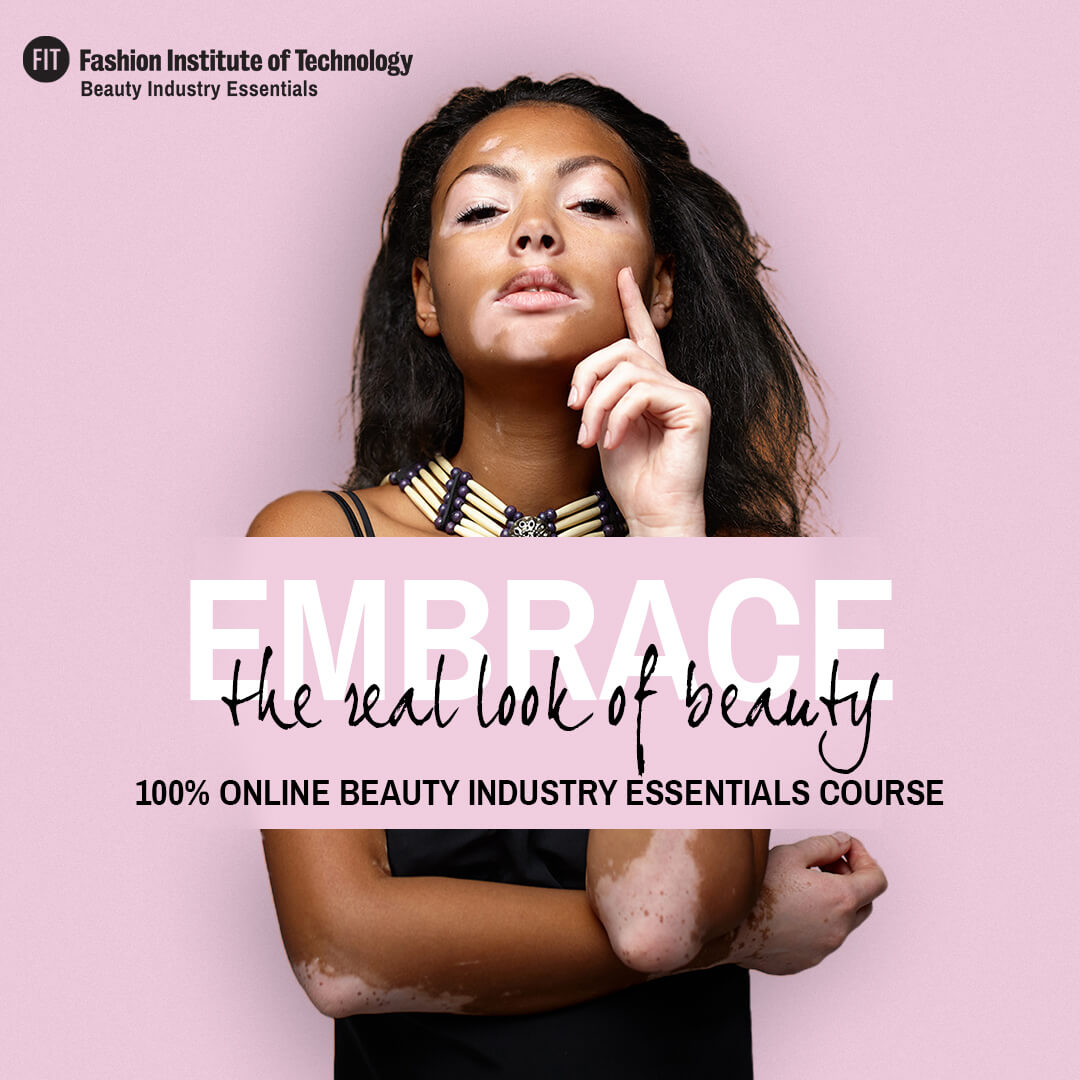Private label cosmetics have gained immense popularity in the beauty industry, offering entrepreneurs a unique opportunity to create their own brand of makeup, skincare, and beauty products without the need to develop formulations from scratch.
As the demand for customizable and white-label products continues to grow, understanding the nuances of private label cosmetics can be the key to launching a successful beauty brand.
In this guide, we will delve into the world of private label cosmetics, exploring the benefits, challenges, and essential steps to help you navigate this competitive market and establish your brand presence.
Understanding Private Label Cosmetics
Private label cosmetics refer to products manufactured by one company and sold under another brand’s name. In the beauty industry, private label products allow brands to customize packaging, branding, and product selection to create a unique offering tailored to their target audience.
This model provides entrepreneurs with a cost-effective way to enter the market and compete with established brands.
Benefits of Private Label Cosmetics
One of the primary advantages of private label cosmetics is the ability to launch a brand quickly and efficiently. By leveraging existing formulations and manufacturing capabilities, entrepreneurs can focus on branding, marketing, and building a loyal customer base.
Private label products also offer flexibility in product selection, allowing brands to curate a diverse range of cosmetics to meet consumer preferences.
Challenges in Private Label Cosmetics
While private label cosmetics offer numerous benefits, there are challenges to consider. Competition in the beauty industry is fierce, and standing out in a crowded market requires strategic branding, product differentiation, and effective marketing.
Maintaining quality control and ensuring product consistency are also vital aspects of managing a successful private label cosmetics brand.
Key Steps to Launching a Private Label Cosmetics Brand
From researching your target market to selecting the right products and suppliers, each step plays a crucial role in setting your brand up for success. Below are the key steps to help you navigate the process and build a cosmetics brand that stands out in a competitive market.
- Market Research: Understand your target audience, competition, and market trends to identify gaps and opportunities for your private label cosmetics brand.
- Product Selection: Curate a product line that aligns with your brand identity and meets the needs and preferences of your target customers.
- Branding and Packaging: Develop a compelling brand identity, including logo design, packaging, and messaging that resonates with your target audience.
- Supplier Selection: Partner with reputable manufacturers and suppliers who can deliver high-quality private label cosmetics that meet your specifications.
- Regulatory Compliance: Ensure that your products comply with regulatory requirements and standards to guarantee consumer safety and trust.
Marketing and Promotion Strategies for Private Label Cosmetics
The right promotional efforts can elevate your brand and boost customer loyalty, from leveraging digital platforms to building authentic connections with your audience. Here are some effective strategies for marketing and promoting your private label cosmetics.
- E-Commerce Platforms: Utilize online platforms to reach a wider audience and drive sales for your private label cosmetics brand.
- Social Media Marketing: Engage with your target customers on social media platforms to build brand awareness, foster community, and drive customer engagement.
- Influencer Partnerships: Collaborate with influencers and beauty experts to promote your private label cosmetics and reach a broader audience.
- Customer Reviews and Testimonials: Encourage satisfied customers to share their feedback and testimonials to build credibility and trust in your brand.
Scaling Your Private Label Cosmetics Business
As your private label cosmetics brand grows, consider expanding your product line, exploring new market opportunities, and investing in marketing strategies to increase brand visibility and reach. Continuously monitor consumer trends, feedback, and competition to adapt and evolve your brand to meet changing market demands.
Building a Successful Private Label Cosmetics Brand
Launching a private label cosmetics brand requires dedication, creativity, and a deep understanding of the beauty industry. By focusing on product quality, branding, and marketing strategies, you can differentiate your brand in a competitive market and build a loyal customer base that values your unique offerings.
Innovating in the Private Label Cosmetics Industry
Embracing innovation and staying ahead of industry trends are crucial for long-term success in the private label cosmetics business. Explore new formulations, sustainable practices, and emerging technologies to differentiate your brand and meet the evolving needs of beauty consumers.
Conclusion
In the dynamic landscape of the beauty industry, private label cosmetics offer entrepreneurs a pathway to create their own unique brand identity and product line. By leveraging existing formulations, manufacturing capabilities, and strategic branding, aspiring beauty entrepreneurs can bring their vision to life and carve a niche in the competitive market of cosmetics and skincare products.
Key Takeaways:
- Private label cosmetics allow entrepreneurs to create their own beauty brand using pre-existing product formulations.
- This approach offers a cost-effective and efficient way to enter the competitive beauty industry.
- Brands can customize packaging, branding, and product offerings to suit their target audience.
- Key benefits include faster time-to-market, reduced development costs, and greater flexibility in product range.
- Challenges include high competition, the need for strong branding, consistent product quality, and effective marketing.
- Steps to launch a brand include conducting market research, selecting the right products and suppliers, ensuring regulatory compliance, and developing strong branding and packaging.
- Marketing strategies such as e-commerce, social media, influencer partnerships, and customer testimonials are essential for building brand visibility and loyalty.
- As the business grows, scaling involves expanding the product line, exploring new markets, and staying updated with industry trends.
- Long-term success depends on continuous innovation, including sustainable practices and adapting to evolving consumer preferences.
- Private label cosmetics offer a compelling opportunity to build a distinct brand in the beauty industry with the right strategy and commitment.
To enhance your knowledge and skills in the beauty industry, consider enrolling in the FIT Beauty Industry Essentials online course and certificate program offered by Yellowbrick.







